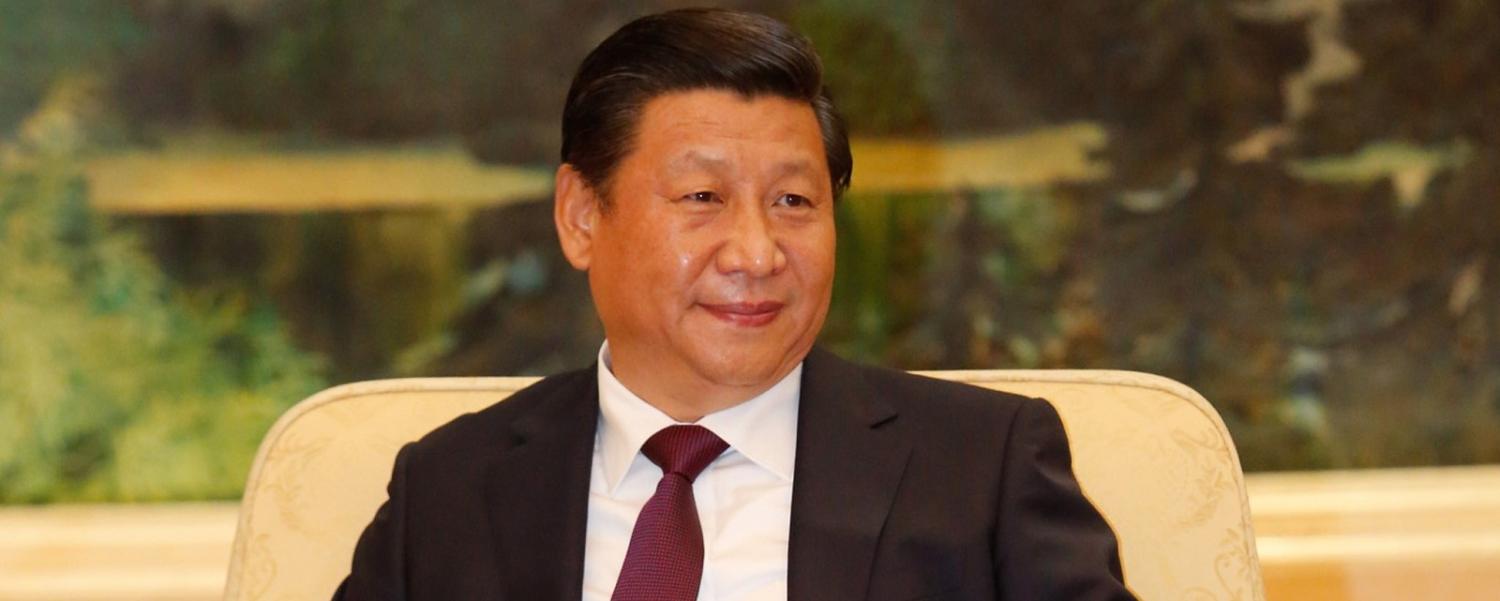President Trump signed several alarming executive orders in his first week of office, including withdrawing from the Trans-Pacific Partnership. Putting the argument over the merits of the trade agreement aside, this decision has been interpreted as a slap in the face for the doctrine of free trade and a renouncement of US economic leadership.
One interesting response has been a new narrative developing around China’s President Xi Jinping as champion of the liberal economic order and promoter of globalisation and free trade.
The Economist is astounded at the fawning over Xi’s appearance at the World Economic Forum meeting at Davos. The publication synonymous with the promotion of the free market was shocked to realise:
Here, at a time of global uncertainty and anxiety for capitalists, was the world’s most powerful communist presenting himself as a champion of globalisation and open markets.
Martin Wolf from the Financial Times similarly commented on the 'outstanding' contrast between US and Chinese economic rhetoric last week. He went as far to assert that Xi’s vision of globalisation 'is the right one'.
China’s growth has provided a boost to the global economy for some time now. But we should not read too much into this narrative of Xi as the saviour of the liberal economic order. First, China has not suddenly awoken to the benefits of globalisation. Here is Xi Jinping opening the G20 summit in Hangzhou last year:
We will continue to be fully involved in economic globalization and support the multilateral trading regime. We will expand access for foreign investment, facilitate such investment to promote fair and open competition and create a sound business environment. We will also accelerate negotiation on FTAs and investment treaties with relevant countries and the development of high-standard pilot free trade zones in China. While carrying out market-based reform of the RMB exchange rate in an orderly manner and phasing in the opening of domestic capital market, we will continue efforts to make the RMB an international currency and further internationalize China’s financial sector.
And here is Jiang Zemin in 2001, the year China acceded to the World Trade Organization:
There are 49 countries and regions in Asia, and most of them are developing economies. Economic globalization will benefit them in the following manner: It will facilitate their access to more capital, especially direct investment from multinationals, which will enable them to speed up their economic development and restructuring. It will encourage them to acquire and exploit new markets and develop foreign trade and economic cooperation with other countries by giving full play to their advantages.
Second, it is not clear that China’s domestic reform efforts are either increasing or playing out the way many economists would like. James Laurenceson notes that China still has high tariffs and restrictions on foreign investment despite a long-term trend of trade liberalisation.
We should be careful to differentiate words from action. Daniel Drezner has written a great article revisiting the concept of 'hypocritical power' where an actor 'can articulate a vision that attracts other actors, even if they do not practice what they preach'. He points out the US has been doing this for years.
China’s leaders will be more than happy to keep talking up globalisation, adopting the bits they like and rejecting the bits they don’t, as indeed they have done throughout the country’s remarkable economic transformation. Globalisation remains a topic of debate within China. Opinions differ on its relative merits, where the focus should be, and the optimum order and pace of economic reform.
What is clear is that Xi has not transformed into a champion of globalisation overnight. We know very little about his personal commitment, if any, to globalisation. But we can presume there is some nervousness in Zhongnanhai because support for the CCP is premised on China’s prosperity, which could take a hit from disruptions in global trade.
Xi’s opaque ambition, combined with the weakening of US global power, means there will continue to be contradictory narratives around what he stands for - as well as some wishful thinking.
